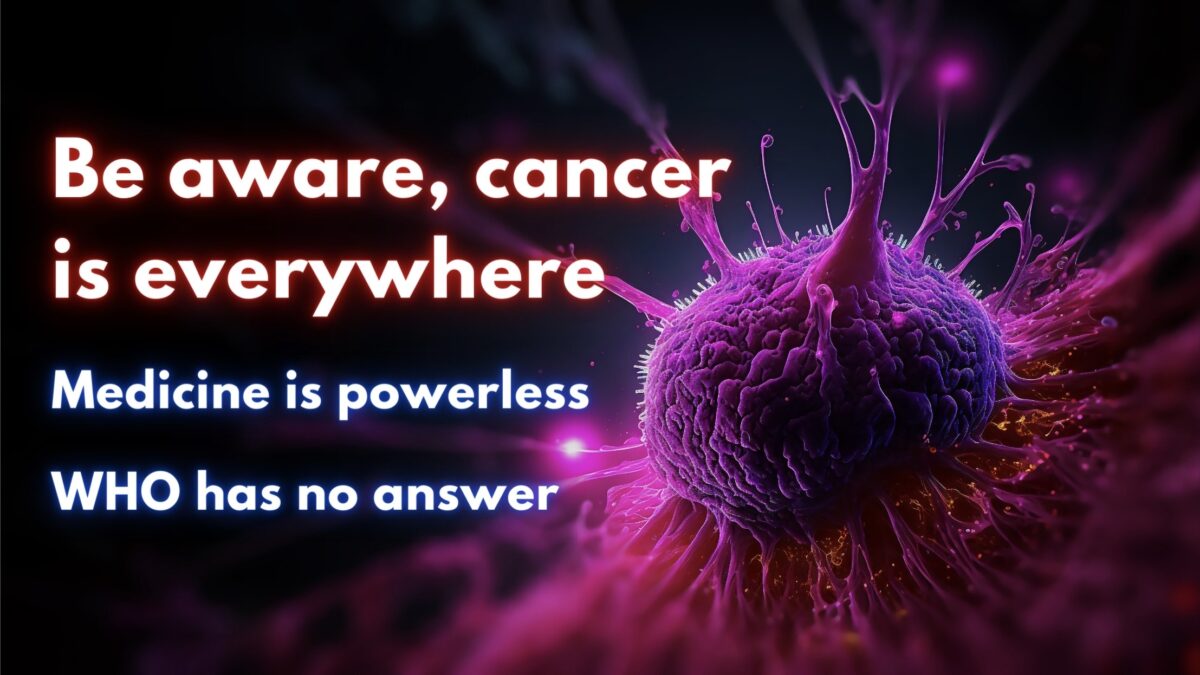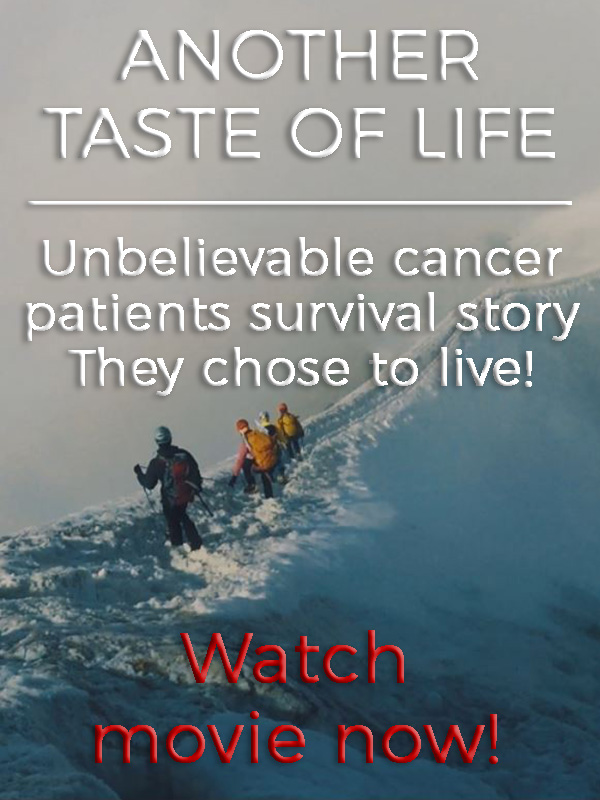According to the World Health Organization (WHO), one in five men or women worldwide will develop cancer during their lifetime, and one in eight men and one in eleven women will die from it.
The WHO and medicine cannot offer anything to protect yourself from cancer in a timely manner; currently, people are left only to wait and hope. Read on to find out if you are at risk of cancer and what to do if you are.
Increased risks of cancer:
Precancerous diseases (mycoplasmosis and toxoplasmosis), chronic obstructive pulmonary disease (COPD), Helicobacter pylori infection, human papillomavirus (HPV), polyps, diabetes, etc.), genetic predisposition, increased tumor markers, cancer patients who have already had surgery and/or treatment and are considered cancer-free according to guidelines, after receiving modern immunotherapy (since there is a risk of hyperprogression), age above 65, unhealthy lifestyle, as well as in cases of using medication that has cancer listed as an adverse effect (for example, a well-known weight-loss medication Wegovy that may cause cancer).
To avoid becoming part of WHO statistics, undergo regular cancer screening, undergo cancer prognosis tests (tumor markers) in laboratories, including circulating cancer cell tests (CTC), genetic tests, use AI-provided forecasting options, and do not ignore heredity and diseases that can manifest in the form of cancer.
If you have found that you are at an increased risk of developing cancer, immediately change your lifestyle:
- Start eating healthy food
- Avoid salt, sugar
- Abstain from alcohol, drugs, smoking
- Start exercising
- Quit activities that cause stress
- Start loving life and your loved ones
- Continue cancer screening
- Use natural immune-boosting dietary supplements
- Use natural preventive measures that have the ability to destroy cancer cells, such as oncolytic ECHO-7 virus





